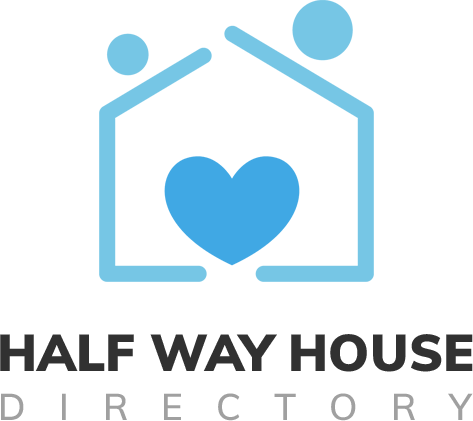find a halfway house near you
Halfway House Directory is a hassle free way to discover sober living facilities in your local area
Halfway House Directory is a hassle free way to discover sober living facilities in your local area
Looking for a Halfwayhouse inside your own state?
View the treatment centers we work actively with, and choose the one that provides the best solution for you.
Primary Service: treatment program for chemical dependency
Address : 1520 2nd Ave N, Bessemer, 35020
Primary Service: Substance Abuse Treatment Services
Address : 2201 Clinton Ave W, Huntsville, 35807
Primary Service: Substance Abuse Treatment Services
Address : 1163 Washington Avenue SW Russellville, , 35653
Browse the latest articles and tips from our blog
Let us know what you are struggling with, and we will connect you with the right halfway house to treat your problem

If you run a halfway house or drug rehab center that provides holistic care to patients with substance use disorders (SUDs) and related issues, and believe in our principles of “Patient first”, then register with us today.
Get Listed NowA halfway house is a structured, temporary living facility for those who are making their way toward a more permanent and independent living situation. The term “halfway house” sometimes refers to a place that accommodates people who have just been released from prison and are not yet able to live alone. However, more often than not, it refers to a place for ordinary individuals who are recovering from drug or alcohol addiction. It is also known as a sober living facility, sober home, or transitional home.
A sober living home is a structured, transitional living facility for recovering addicts or alcoholics who are reintegrating into society. Also known as a halfway house, sober living facility, or transitional home, it is not meant to be a permanent accommodation. A resident in a sober home can typically stay for as little as a few months and as much as a couple of years. The time frame for residency depends on the facility in question and on the resident’s circumstances and behavior. The structured nature of a sober home involves a number of rules that must be followed, including abstention from drugs and alcohol (drug tests are given), chores, a curfew, and any number of other directives.
As a halfway house resident, you can expect to follow a number of halfway house rules — a primary one being that of sobriety. Drugs and alcohol will be strictly prohibited and random drug testing will occur in order to ensure compliance. You will need to take the necessary steps toward recovery from your previous drug or alcohol addiction(s). Participation in group therapy and/or AA meetings or NA meetings might be expected of you. Just as well, there will be house chores that you are responsible for and a curfew that you must keep. Accountability will be something that you are faced with daily.
A halfway house is not a jail, prison, or medical rehab facility. It offers residents a certain level of freedom, but that freedom is not absolute. It is a “halfway” house, after all, and certain rules must be followed. They typically differ from halfway home to halfway home, but there are some common rules that apply no matter which transitional home you are in. Violence and theft are not allowed or tolerated, and in keeping with the general purpose of a halfway house / sober living facility, drugs and alcohol are strictly prohibited. Assigned house chores will have to be completed and a curfew will be imposed.
The purpose of a halfway house is to help individuals transition over into a more permanent and independent living situation — i.e., to make their way out and into the real world. Sometimes it takes a few months and sometimes it takes a year or two. While it depends on the particular resident and halfway house, a person can typically stay for up to a year or two (sometimes more) as long as they remain sober and abide by all of the halfway house rules. Consistent steps toward recovery will be expected since, again, a halfway house is transitional in nature. It is not a permanent living accommodation.
Someone who is experiencing severe withdrawal symptoms from drug or alcohol addiction might choose to undergo medical intervention. Medical rehab and treatment facilities are appropriate for such a person. After they undergo medical detox or rehab, a halfway house will be helpful if they need to transition over into real world living. Halfway houses are transitional living facilities for people in recovery, after all. They are not medical facilities. However, a number of related services are typically made available in a halfway home. They can include such things as AA or NA meetings and classes in life skill development.
If you want to connect with us and stay updated, sign up with us now.